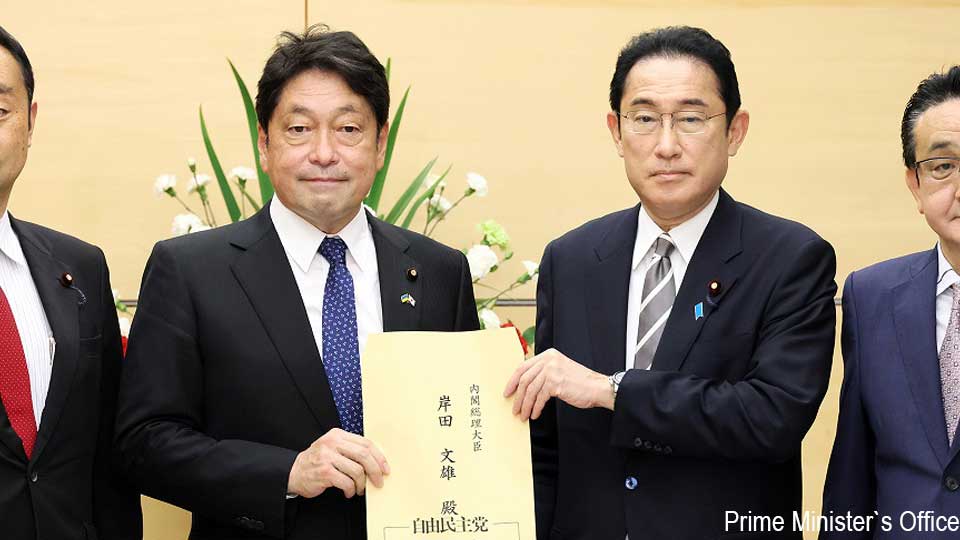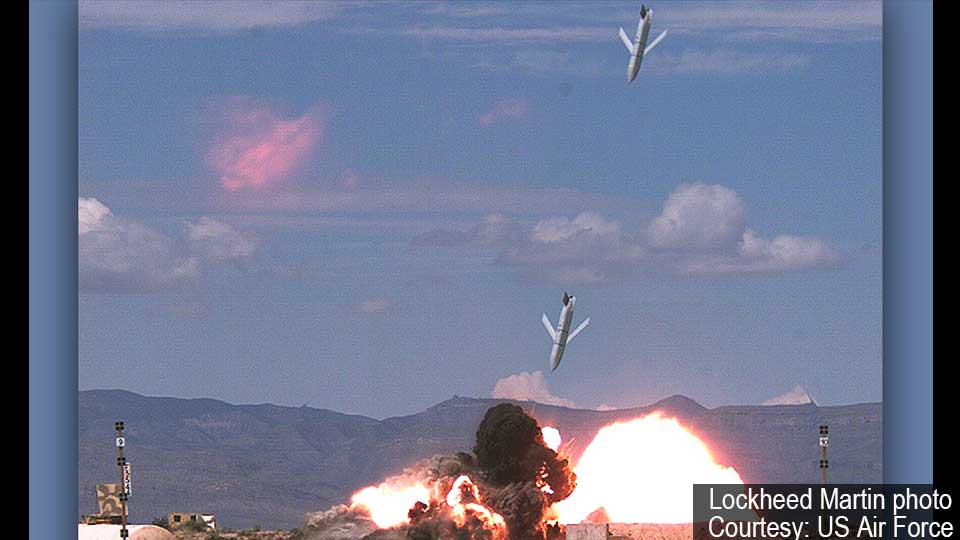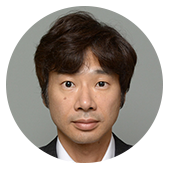The LDP's Commission on Security Affairs submitted a set of proposals to Prime Minister Kishida Fumio on April 27. The focal point is a call to build up the defense capability to hit back at an enemy in the event of a missile attack on Japan.

The proposal is in line with the government's plan to revise its national security strategy for the first time by year-end. This key document lays out the country's basic defense policy compiled in 2013. Two other key defense strategies are also scheduled to be revised at the same time.
The LDP proposal says that the security environment surrounding Japan has become severe at an "accelerated pace." It identifies China as a "serious threat," and North Korea developing missiles and nuclear weapons as a "more serious and imminent threat." It describes Russia as a "realistic threat," pointing to its invasion of Ukraine.

"counterstrike capabilities"
It says intercepting missiles has become increasingly difficult due to rapid advances in technology and that enhancing "counterstrike capabilities" would serve as a deterrent. It goes on to say that such attacks should be directed not only at enemy missile bases, but at command centers and control systems as well.
The term "counterstrike capabilities" was developed after some debate. Government officials have been using the term "enemy base strike capabilities." But it has been criticized on the grounds that the words could be misinterpreted to suggest Japan might conduct a preemptive strike -- something the government says is not permitted under the Constitution.
Under its post-war Constitution, Japan has maintained a strict defense-oriented policy. Even possessing the capabilities to attack other military bases has been limited.
Former defense minister and commission chair, Onodera Itsunori, told reporters, "In describing our capability to defend this country, the word 'counterstrike’ is the most straightforward way to describe it to people here and abroad."

Defense budget build-up
The lawmakers also call for Japan's defense budget to be raised to drastically strengthen defense capabilities within five years.
The proposal noted that NATO requires member countries to have a defense spending target of at least 2 percent of GDP.
Japan's target for fiscal 2022 is less than 1 percent of GDP. The lawmakers appear to be urging the government to increase the budget to the NATO level. If the figure were to reach 2 percent, the budget would exceed 10 trillion yen a year, or more than 75 billion dollars.

But some opposition lawmakers worry that such a move could violate the country's exclusively defense-oriented policy.
"The discussion is going too far, taking advantage of the situation in Ukraine," said Ogawa Junya, chair of the Policy Research Committee of the largest opposition, Constitutional Democratic Party. "The plan could put people at risk by provoking neighboring countries," he added.
The LDP's junior coalition partner, Komeito, is reluctant to immediately raise the defense budget.
"We welcome changing the term 'enemy base attack capabilities' in the sense that it does not give the impression that we could conduct a preemptive strike," says Vice Representative Kitagawa Kazuo. But the party maintains it is important to meet the huge need for spending on social security and education.
Full-fledged discussions in the Diet are likely to get underway after the Upper House election scheduled for this summer. The outcome could herald a major turning point in Japan's defense policy.

